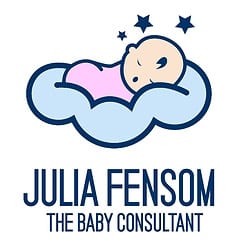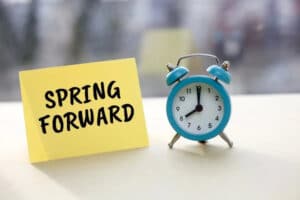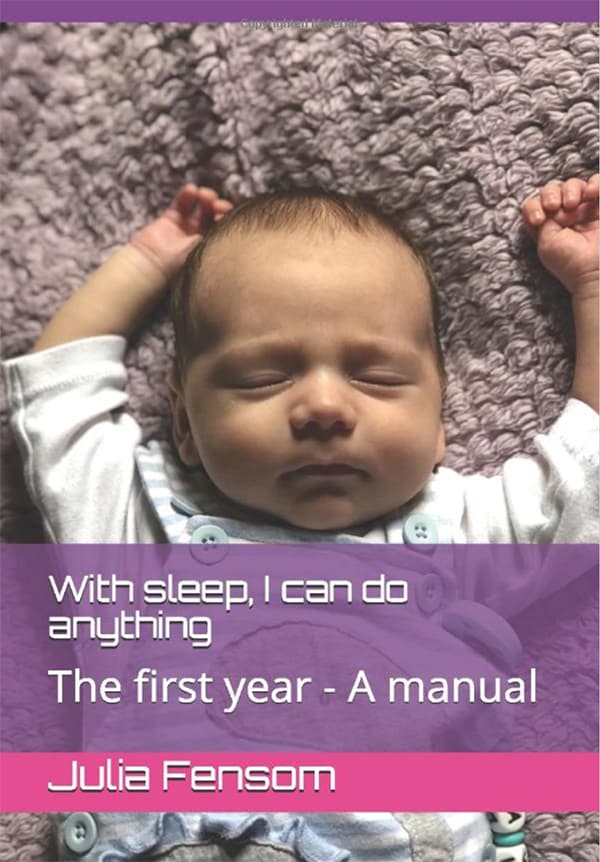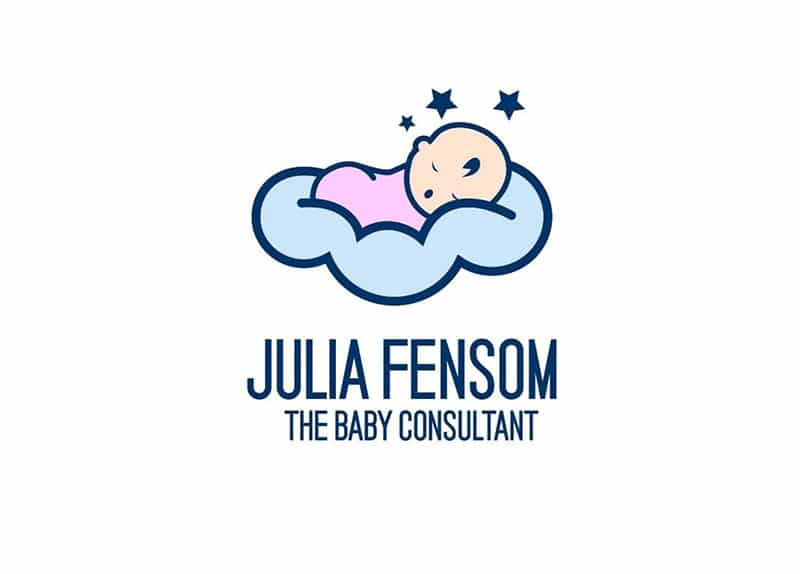Hi guys! Sorry for the delay! Along with all day clients and home visits during my official working days the time just flew past me! But don’t worry, I’m back on it!
Last time we went through Overtiredness (aka Cortisol which is the stress hormone) and this time, I wanted to run through the two other main hormones that positively affect sleep so you can work with them, trust them, and learn to love them!
First up, is #Melatonin. Everyone loves melatonin, it’s getting a lot of air time and people understand how it’s the ‘nighttime’ hormone. (Also known as the “vampire hormone” and the “hormone of darkness” according to Matthew Walker! Not sure who calls it that but I enjoy the names immensely)
It appears in babies around 8 weeks of age along with the development of their circadian rhythm so that they can start to tell the difference between night and day. (Although Mr Walker #whywesleep suggests that with structured feeding and sleeping patterns it can start to appear sooner!) As a rule, it tends to be released around 7pm for babies which is why the most common routine for infants is a 7am-7pm schedule.
Just to be clear, it tells your body that it is dark and therefore time for bed, but doesn’t actually help you fall asleep which is a big misconception. That is the job of various other regions and hormones in the brain once you have settled down for the night. Once you are in the wonderful, relaxing world of sleep, the concentration of melatonin starts to decrease and as sunlight starts to hit your closed lidded eyes, your brain slams on the brakes to the melatonin train and it’s production ceases until the levels of melatonin are nonexistent!
This quite often means, that as of 5am or so, any little thing will wake your baby up. If they’re too hot, too cold, undertired, overtired or hungry, they will start to wake from 5am or be generally more unsettled. This is why you get early risers. Even if your child sleeps through but wakes at 5am, it’s normally a symptom that something else in the day is going on that could be fixed. So early rising is not necessarily something that you just have to ‘learn to live with’.
The next hormone I want to bring your attention to is in my opinion, the most important but actually the least well known! Its called #adenosine! It’s also known as the “sleep pressure” hormone. Imagine it for an adult, you start your day at 7am after having slept a lovely, refreshing 8 hours. The sleep pressure slowly builds throughout the day and reaches its peak/100% around 11pm. Boom, it’s bedtime. And because you are very disciplined and will not be phased by the latest episode of #thewitcher, you go to bed. You then sleep another 8 hours and the adenosine gets broken all the way back down to 0%. Great.
However, let’s imagine that you did get over excited and binge watch a bit of #netflix and went to bed at 1am. Your body no longer has the time to brea the adenosine down all the way back down to 0% so you start your following day, with a #sleepdebt. Now that could be 5% or 10% etc. But that is accumulative. So every time you sleep less than 8 hours, that percentage gets higher and higher until you are chronically sleep deprived. You’ve gotten to the point where you don’t know who you are, what day it is, what’s going on and why these little people seem to scream incessantly and follow you every where! (Parents are you listening?)
Now, you can catch up on lost sleep, just if you were wondering, but it does take about 3 nights to catch up on one night of reduced sleep so imagine how long it will take to catch up on 3/6/9/12 months of reduced sleep! I can’t do the maths but a long time.
So that’s how it works in adults. A pretty straightforward line. Enter Babies. Babies need naps. And in order for the adenosine to be portioned out correctly across the day so that they are at 100% at 7pm, ready for bed along with their melatonin, the naps need to be at the right times and the right lengths so that they are not at 130% at 7pm (overtired) or 80% at 7pm (undertired).
As clear as mud? Good.
That’s why #structibleparenting is vital when raising little people because babies aren’t robots. You can’t programme them to power down at the exact same time every day. You can certainly get close to it which is why a good reliable structure does help develop their circadian rhythm and body clock so they start to know what to expect at what time which means they can be a bit more flexible in locations of sleep for example but their needs change constantly. And especially because your day isn’t the same every day. You need to be able to go out, see friends, have coffees and have a life along with making sure your baby has the right naps at the right time as much as possible. Getting the balance right is crucial in raising a happy, rested, well attached baby and Mummy! And both are as important as the other.
Once they are in a good sleep pattern, day and night, they do tend to have a high tolerance for days when all the naps were missed or they got overtired because Aunty Janet came to tea and wouldn’t put them down! And as long as you then focus on giving them good naps the following day, a few days here and there of pram naps etc, won’t disrupt their routine too much.
So there you have it. It is definitely a case of information overload but I think it’s information that is worth having. And once you understand the hormones that interact with sleep, then you can use them to help you get your little one sleeping better and you, the evenings you and your spouse
always dreamed of!





